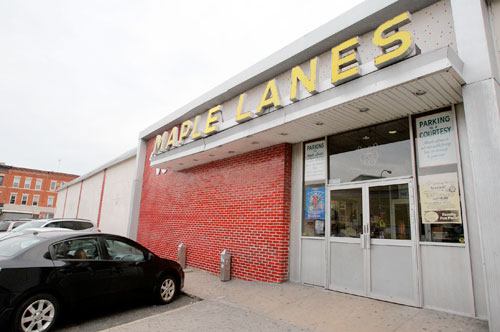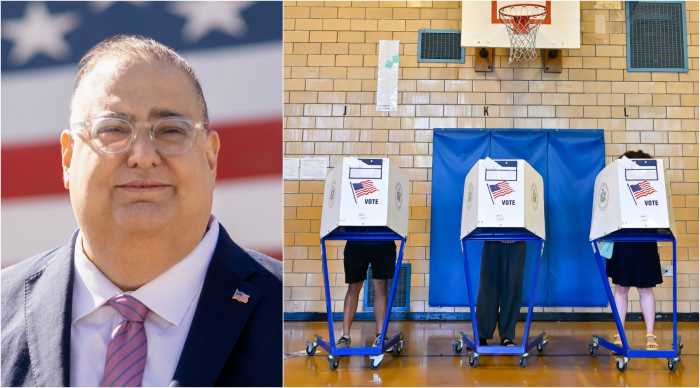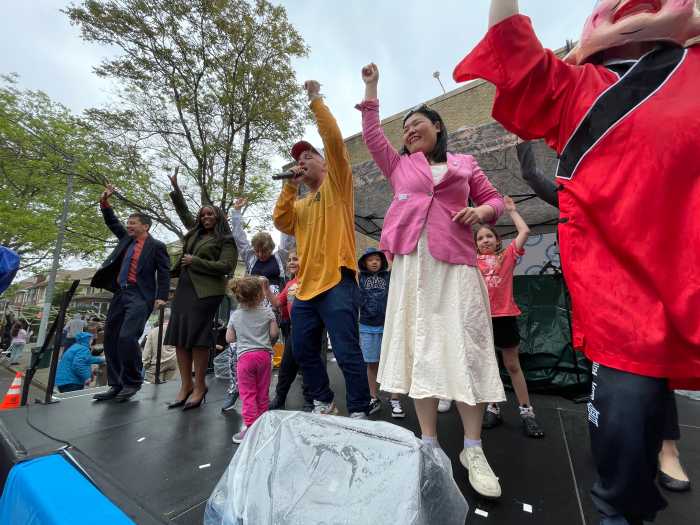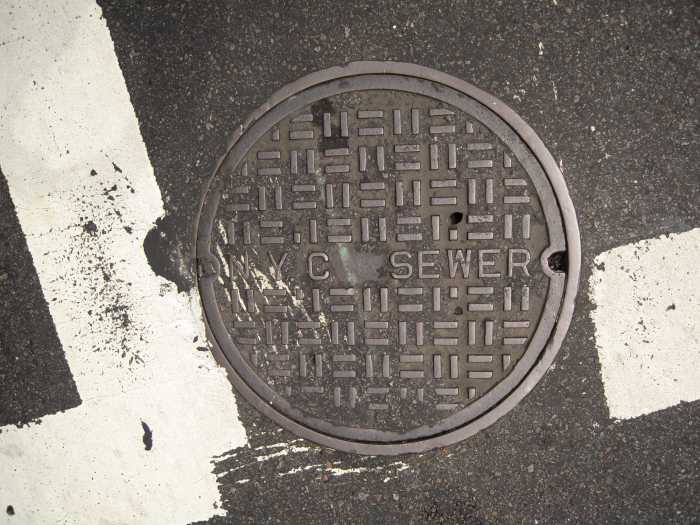Borough President Markowitz is siding with bowlers poised to lose Brooklyn’s largest bowling alley and is encouraging developers planning to turn Maple Lanes into an upscale condo complex to keep a scaled-down version of the kingpin haven intact — or, better yet, move their project somewhere else.
Developers want to turn the recently sold alley into a 112-unit upscale apartment complex complete with a synagogue and underground parking for Borough Park’s growing Orthodox community, but longtime Maple Lane bowlers say the borough can’t lose the 52-year-old alley on 60th Street near 16th Avenue.
“It’s like a second home to me and the people on my league are like a second family,” said Kayla Cox, one of two dozen bowlers that packed a Borough Hall zoning hearing on Thursday. “Why can’t they build this on one of the many vacant lots in Brooklyn, rather than building it over a family-owned business?”
Waxing nostalgic about how he first got comfortable talking to girls at bowling alleys, Markowitz agreed, asking attorneys for the developers if a bowling alley could be incorporated into their plans or if the developers could buy another plot of land in the neighborhood and build an alley there.
“It’s a great family sport, one that I think is worth preserving,” Markowitz said.
Attorney Howard Weiss doubted developers would be willing to change their plans, but promised to take the request back to his client.
Borough bowlers said longtime establishments like Maple Lanes were important to middle-class Brooklynites, claiming that new, trendier alleys in Williamsburg are too expensive.
“The recession has hit many hard, but bowling at Maple Lanes still manages to be affordable,” said Christina Squitieri. “It gives families that don’t get a chance to spend time together a place to talk and cheer each other on.”
John LaSpina, whose father Peter opened Maple Lanes in 1960, said he sold the land because it was worth more than the value of the business. The developers who bought the property want Markowitz to rubber-stamp plans to change the bowling alley’s zoning from manufacturing to residential so they can raze the building and start construction. A residential zone already exists across the street from the alley.
Community Board 12 granted its approval earlier this month. Markowitz’s recommendation is just one step — and, much like the community board’s recommendation, not necessary — in the process toward getting the city’s approval.
Markowitz said he will make his decision within the next two weeks.


























